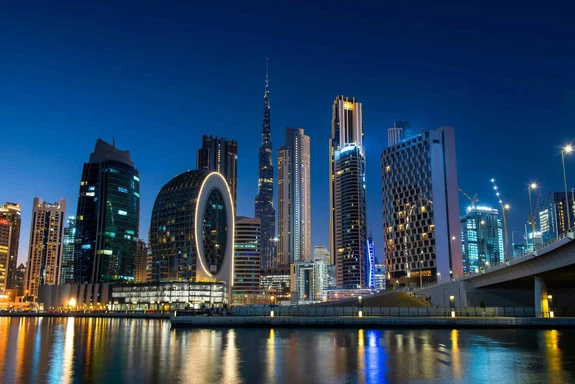
Top Essential Key Terminologies Every Property Investor in Dubai Should Know
Published :
Last Updated :

Published :
Last Updated :
The real estate industry in Dubai has had a notable upswing, with transactions reaching over AED 500 billion in 2022—a significant 78% rise from the year prior. With transactions surpassing AED 300 billion in just the first half of the year, the trend has continued into 2023. Due to the city's robust economy, stable political environment, and advantageous position, it is anticipated that the population will quadruple by 2040. First-time purchasers may find it hard to navigate the complicated world of real estate investment in Dubai, as it involves being familiar with important terms and procedures.
It can be alluring to invest in real estate in Dubai or other UAE cities for capital gains or rental income. Dubai provides profitable investment prospects, but for transactions to go smoothly, you should be familiar with some key terminology, including those that are in Arabic.
Real estate property sales come with specific vocabulary which all property buyers and investors should understand. Alternatives to Real Estate Terms utilized by both beginning real estate agents and new property buyers:
"Ejari" is one of the first few Arabic terms you may have heard frequently if you've been dabbling in Dubai's real estate market. Rental contracts are managed using the Ejari registration system. Landlords and tenants use this method to formally register their rental agreements with the relevant municipal authorities.
Buy-to-let investors can file their lease contracts in Dubai via the standardised Ejari process. Ejari is a crucial document needed for many housing and government-related procedures, including getting a Dewa, applying for a visa, and connecting to the internet.
If you are renting a home in Dubai, this registration is mandatory. The leasing agreement is binding, legitimate, and official due to the Ejari system. It is your pass to all home amenities and services, including phone and internet access, energy and water and the ability to sponsor your dependents. The Ejari system is also used to address future issues pertaining to your rental agreement, such as the resolution of rental income disputes.
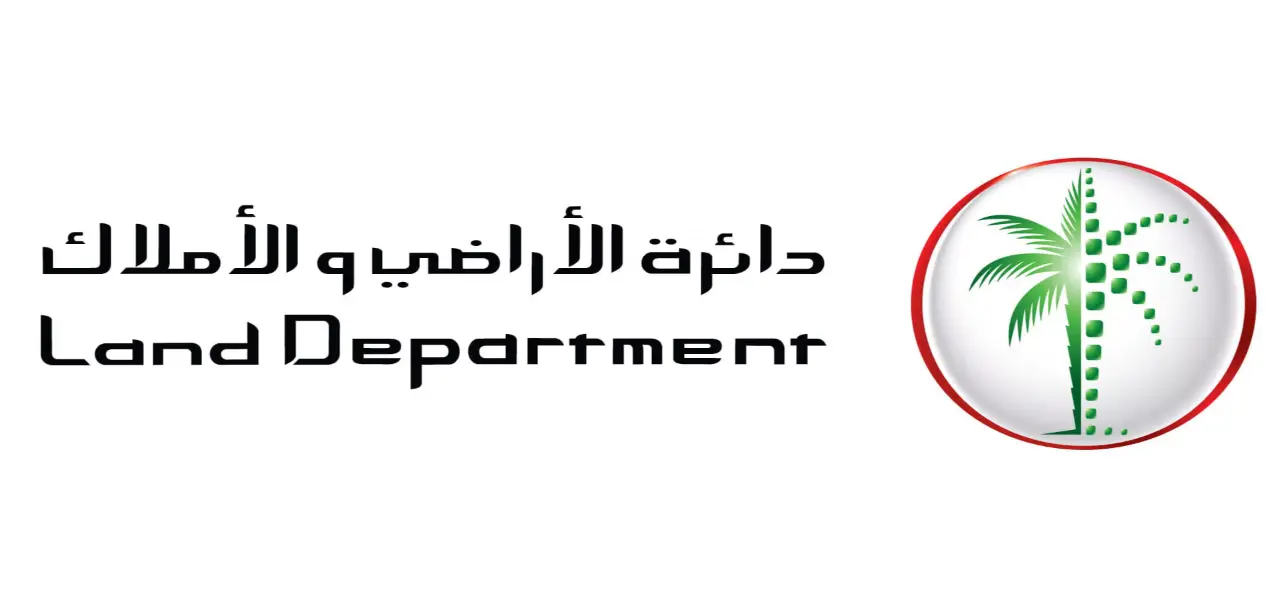
The Dubai Land Department (DLD) is the government agency that deals with all issues about the legalisation of real estate transactions in Dubai. It regulates, controls and makes sure that real estate transactions in Dubai are safe and open. Buyers need to be informed that every sale transaction has a necessary 4% fee to be paid to the DLD."A government organisation called the Real Estate Regulatory Agency [Rera] was founded in 2007 to oversee the real estate market in Dubai.
The Dubai Land Department Waiver, or DLD Waiver, is a special programme designed to boost Dubai's real estate industry. Property purchasers can save a substantial sum of money on transaction fees thanks to this waiver, particularly the 4% property registration charge that must be paid to the DLD.
When it comes to completed properties, the title deed from the Dubai Land Department (DLD) is the official record of property ownership. It is essential for real estate transactions in Dubai and serves as unquestionable proof of ownership. On the other hand, purchasers of off-plan properties receive an Oqood document, which serves as a form of title deed preface.
This document registers the property in the buyer's name and acts as the first proof of ownership, however, it is not as detailed as the title deed. Oqood simplifies the registration and administration of off-plan property contracts. When the project is finished, the agreement becomes a title deed, guaranteeing a smooth transfer of ownership rights.
For freehold properties in particular, knowing a property's saleable area is essential to assessing its value and possible return on investment. The real useable space on the property—which does not include common facilities like lobbies, lifts, or staircases—is referred to as the saleable area. It's the area of the property that the owner can use or sell. The saleable area includes communal sections that aren't up for sale as well as private spaces on the property, giving buyers a complete picture of the size and use of the property.
The phrase "Makani" or "Makani Number" must not overwhelm you; it is simply the Arabic word for "my location." Consider it a customised, locally relevant version of Google Maps with a twist. By giving buildings, landmarks, and public spaces a ten-digit identification number, Makani functions as an intelligent navigation system. With the help of this technology, users can locate buildings, share their location, and even transmit distress signals in an emergency, making city navigation a snap.
Makani numbers are frequently requested by delivery staff to monitor locations precisely. Makani functions as a clever navigation tool that simplifies position identification thanks to its distinct number-based methodology.
In Dubai, ready properties are prepared for occupancy, whereas off-plan properties are those that are either in the planning or building stages. Choosing an off-plan properties in Dubai may come with alluring incentives or ways to make payments.
Escrow accounts stand as a mandatory requirement for purchasing off-plan properties in Dubai. Property payments establish their destination at an escrow account, which a bank operates under Dubai Land Department (DLD) rules. The bank manages developers' access to funds, which requires DLD's construction verification to proceed from one phase to the next. The specific escrow system works to defend buyers from criminal activities while ensuring that project money goes toward the investments made by buyers. This rigorous protection protocol helps people trust the real estate market in Dubai.
Through land leasing you acquire the utility rights of property located on soil for which you do not maintain ownership rights. This agreement lasts between 10 and 99 years. Most freehold ownership areas do not have leases. A land lease exists between property owners and their property rights, although the ownership remains with the land's holder. The lack of long-term investment strategies coupled with decreased resale value becomes a result of this arrangement. You must thoroughly examine Dubai lease terms along with renewal conditions when buying a rented property in the city.
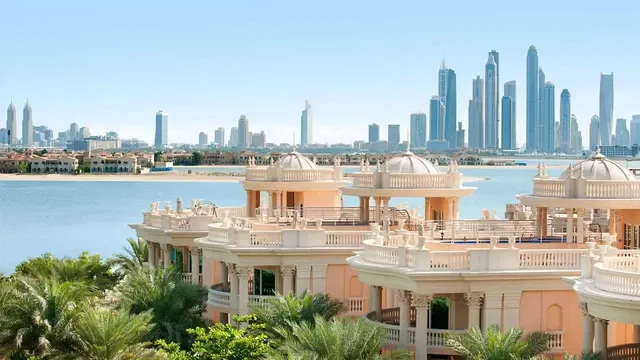
Under freehold ownership, you gain complete control of your property and the underlying land since there are no expiration dates. Dubai permits foreign investors to acquire freehold property ownership rights through specific locations that have been designated for this purpose. In fact, the Dubai government has launched various freehold areas in Dubai to encourage international investment and offer long-term security to property buyers. The total control over your property extends to complete freedom from living in it to renting it and selling it or transferring it through inheritance. The most secure and flexible type of ownership exists under freehold property provisions. Most investors who are also ex-pats prefer to buy freehold properties because they provide both stability in value and ownership independence.
The property developer issues a No Objection Certificate (NOC) to confirm that neither the seller has any unpaid obligations nor debts. The Dubai authorities demand a NOC as a necessary requirement to authorize property ownership transfer. Processing the sale at the Dubai Land Department depends on receipt of this document. Any resale purchase must have this fundamental document to proceed. All buyers should verify that the NOC remains active and prepared for use before conducting property deals to prevent future delays or legal issues in property ownership transfer.
The Dubai real estate market requires buyers and sellers to establish a Memorandum of Understanding (MOU), which functions as a binding legal contract for property sale provisions. The agreement details the price together with all the necessary transfer obligations and settlement terms. At the start of the transaction, the parties sign this document, which brings a deposit equal to 10% of the property cost. The MOU functions as a starting agreement, which launches the real estate deal forward. After signing an agreement, the absence of valid reasons to back out results in possible penalties.
Property investment depends substantially on Return on Investment (ROI) as a principal performance indicator. ROI signifies the percentage of yearly rental income versus the property purchase value. You can determine ROI by multiplying (Net Annual Income ÷ Purchase Price) by 100. The rental yield in Dubai reaches between 6% and 10% as the market provides favorable investment returns on real estate properties. The calculation of genuine ROI requires the inclusion of service costs combined with maintenance expenses and potential vacancy periods. Every investment strategy benefits from a strong return on investment because it demonstrates the effective use of your money, but tracking this figure remains essential.
FSBO indicates that the property owner sells their home independently without the presence of real estate agents. The number of FSBO properties in Dubai increases mostly through online platforms. FSBO saves everyone from agent commission fees, yet consumers need to be watchful during their transactions. Property buyers should confirm ownership while also examining official legal papers and checking the current market value. When agents do not supervise properties the risk rises for both incorrect pricing and unfinished documentation. FSBO deals require buyers to secure professional assistance from a trustworthy conveyancer or legal expert.
The examination of newly constructed properties for existing issues takes place through snagging which occurs before property handover. Off-plan property buyers in Dubai need to perform snagging inspections as a crucial step for their investments. Collision between different elements within a property will result in visible damages as well as plumbing leaks and infrastructure failures. After a detailed inspection, clients submit their findings in a detailed report to the developer through professional snagging companies. Property owners must conduct this inspection so they can verify that the home meets all stated quality requirements, which protects new occupants from paying for remaining issues afterwards.
Making wise real estate investments requires full comprehension of real estate terminology, particularly when investing in Dubai's ever-changing market conditions. Every term needs to be understood because they all influence how your property journey will unfold. Detailed knowledge of these terms prevents unexpected surprises from occurring. The formalities of escrow accounts, NOCs, and MOUs function as more than paperwork because they assure your protection during property transactions. Knowledgeable use of Makani numbers combined with understanding saleable area dimensions helps determine property value alongside recognizing FSBO (For Sale by Owner) deals which creates more favorable acquisition conditions.
Knowledge is the main factor that determines success in Dubai's real estate market beyond property location. The more knowledge you possess, the better you will manage deals, protect your investment, and build long-term value. The glossary above provides a resource you can save so you can regularly refer to it as you move forward with confident decisions about property investments.
Under the freehold system you gain endless possession of your property as well as the underlying land. Under leasehold ownership, you acquire the right to occupy the property but not the land under it for a limited period of no more than 99 years.
An escrow payment account ensures funds transfer to a controlled financial space, which safeguards your payments. The builder can receive payment funds only through scheduled milestones that monitor site construction work, therefore safeguarding buyers from misconduct or project schedule setbacks.
The developer, through their NOC, validates that property owners have paid all outstanding fees to the seller. Property ownership transfer to a new purchaser demands this legal requirement before proceeding.
Yes. Construction defects combined with unfinished work can be discovered efficiently through the process of snagging before the handover occurs. The services of a snagging expert guarantee the developer fixes all problems before property handover or possession.
Buyers need valid travel documents like a passport plus an Emirates ID when needed and must provide an authorized memorandum of understanding and a developer-notarized No Objection Certificate alongside proof of payment and wording from the developer. A transfer of ownership becomes official when the Dubai Land Department performs registration activities.

Your gateway to offline planning in the digital realm. Discover a world of real estate opportunities through our immersive offline property website experience
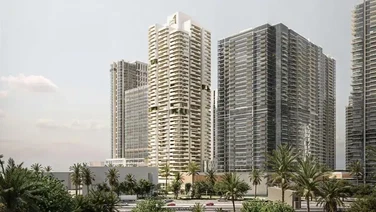
Apartments
Penthouses
Duplexes
AED 4,400,000
Al Wasl
2, 3, 4 & 5
1946 - 8253 Sq Ft
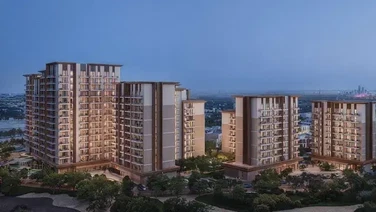
Apartments
AED 1,594,000
Expo City Dubai
1, 2 & 3
889 - 2403 Sq Ft
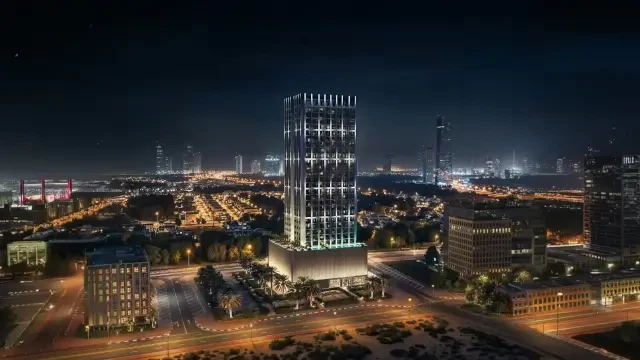
Apartments
Studios
AED 764,999
Jumeirah Village Circle
Studio, 1 & 2
341 - 1827 Sq Ft
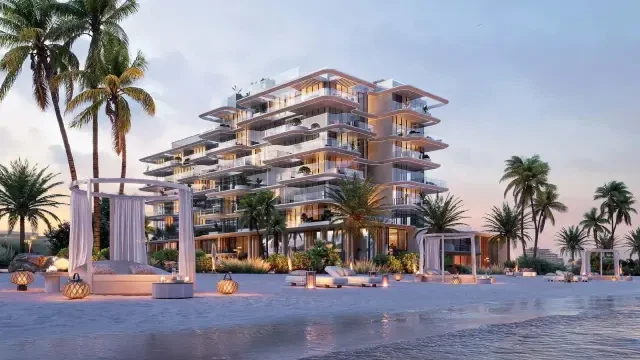
Apartments
Penthouses
Townhouses
AED 2,500,000
Dubai Islands
1, 2 & 3
898 - 3312 Sq Ft
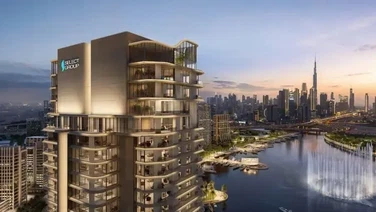
Apartments
Penthouses
Duplexes
AED Coming soon
Dubai Design District
1, 2, 3 & 4
738 - 7767 Sq Ft
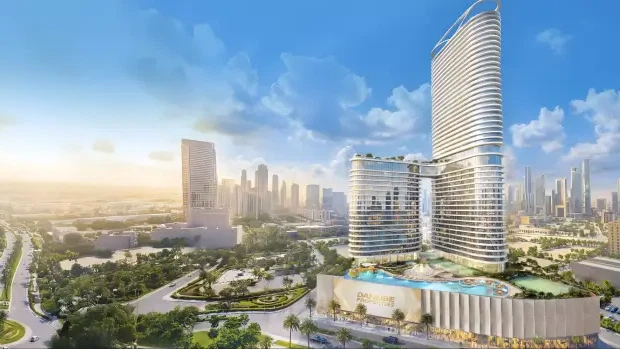
Apartments
AED 840,000
Jumeirah Village Circle
Studio, 1, 2 & 3
381 - 1326 Sq Ft

Apartments
Penthouses
Duplexes
AED 4,400,000
Al Wasl
2, 3, 4 & 5
1946 - 8253 Sq Ft

Apartments
AED 1,594,000
Expo City Dubai
1, 2 & 3
889 - 2403 Sq Ft

Apartments
Studios
AED 764,999
Jumeirah Village Circle
Studio, 1 & 2
341 - 1827 Sq Ft

Apartments
Penthouses
Townhouses
AED 2,500,000
Dubai Islands
1, 2 & 3
898 - 3312 Sq Ft

Apartments
Penthouses
Duplexes
AED Coming soon
Dubai Design District
1, 2, 3 & 4
738 - 7767 Sq Ft

Apartments
AED 840,000
Jumeirah Village Circle
Studio, 1, 2 & 3
381 - 1326 Sq Ft

Commercial
AED Coming soon
Damac Lagoons
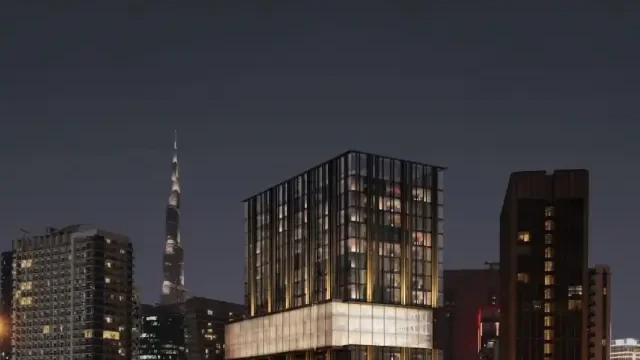
Commercial
AED Coming soon
Business Bay
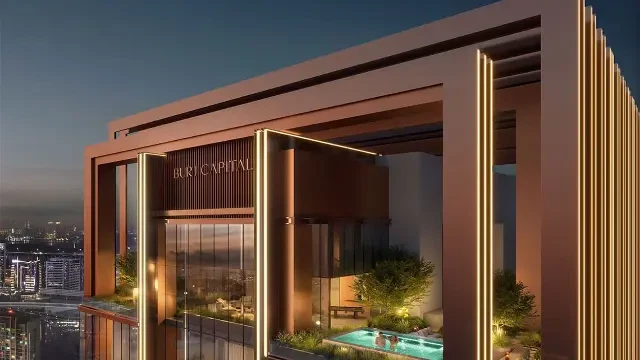
Commercial
AED Coming soon
Business Bay

Apartments
Commercial
Penthouses
AED 2,000,000
Meydan
1, 2 & 3
640 - 4244
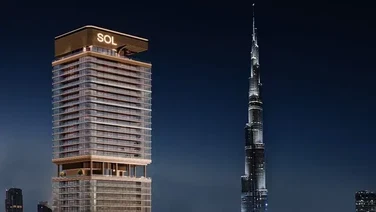
Apartments
Commercial
AED 1,900,000
Sheikh Zayed Road
1, 2 & 3
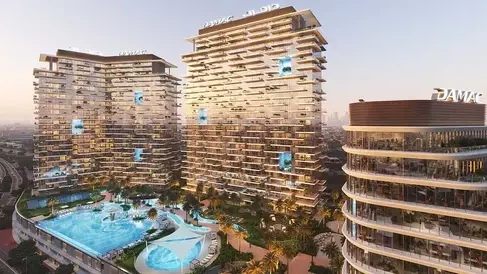
Apartments
Commercial
AED 1,142,000
Damac hills
1 & 2
740 - 6588 Sq Ft

Apartments
Penthouses
Duplexes
AED 4,400,000
Al Wasl
2, 3, 4 & 5
1946 - 8253 Sq Ft

Apartments
Penthouses
Duplexes
AED Coming soon
Dubai Design District
1, 2, 3 & 4
738 - 7767 Sq Ft
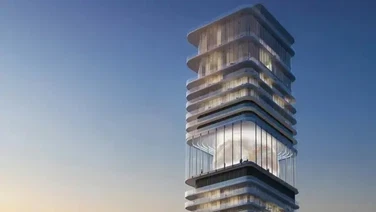
Apartments
Penthouses
Duplexes
AED 3,600,000
Downtown Dubai
1, 2, 3, 4, 5 & 6
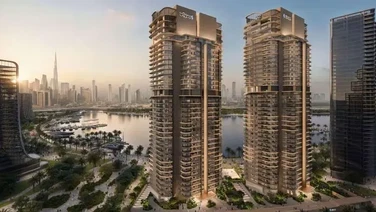
Apartments
Penthouses
Duplexes
AED 2,300,000
Dubai Design District
1, 2, 3 & 4
741 - 1988 Sq Ft
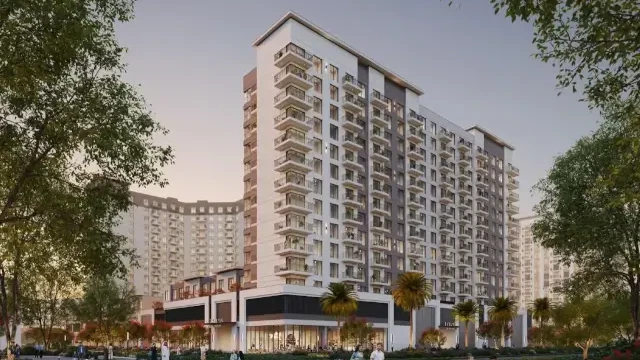
Apartments
Duplexes
AED 1,069,888
Town Square Dubai
1, 2 & 3
609 - 1808 Sq Ft
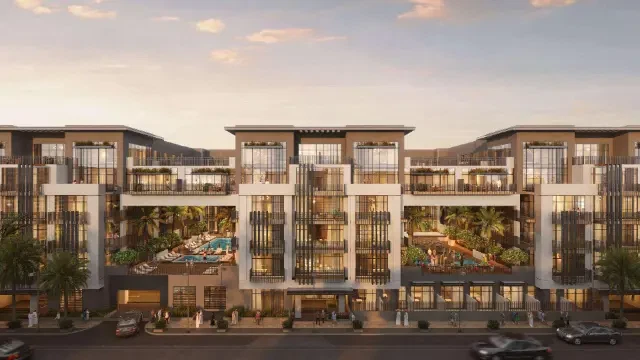
Apartments
Duplexes
Studios
AED 800,000
Jumeirah Village Circle
Studio, 1, 2 & 3
496 - 2,888 Sq Ft
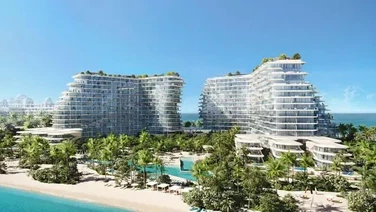
Apartments
Penthouses
Mansions
AED Coming soon
Palm Jumeirah
2, 3, 4, 5 & 6
1541 - 12382 Sq Ft
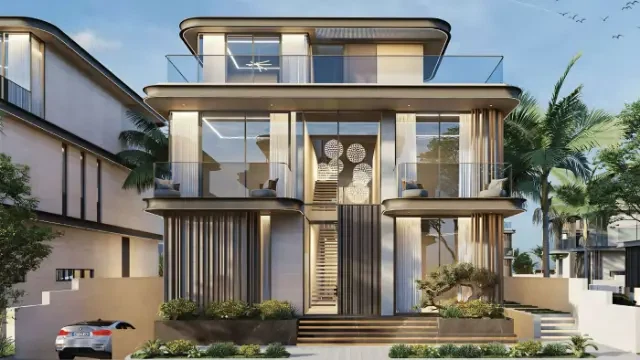
Villas
Mansions
AED 20,000,000
Mohammed bin Rashid City
5 & 6
13,007 - 13,568 Sq Ft
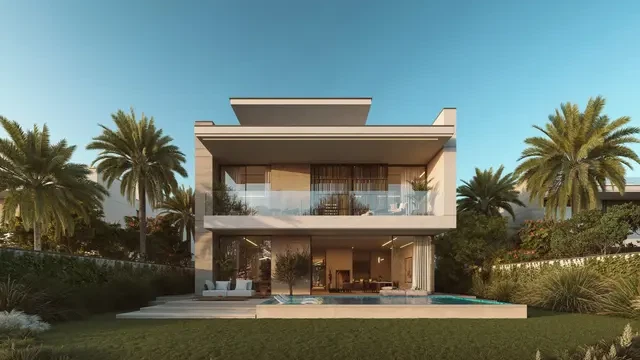
Villas
Mansions
AED 11,800,000
Jumeirah Golf Estates
4, 5 & 6
6069 - 10762 Sq Ft
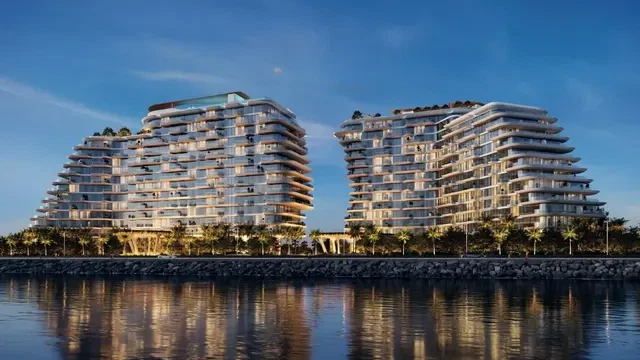
Apartments
Penthouses
Mansions
AED 5,500,000
Palm Jumeirah
1, 2, 3, 4, 5 & 6
940 - 11830 Sq Ft
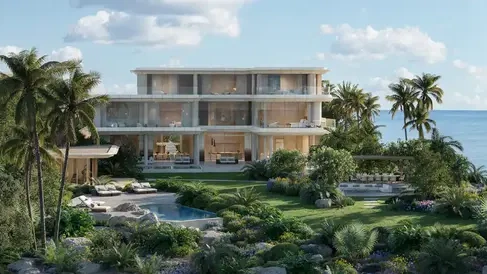
Mansions
AED 65,000,000
Jumeirah
7
41550 - 49062 Sq Ft
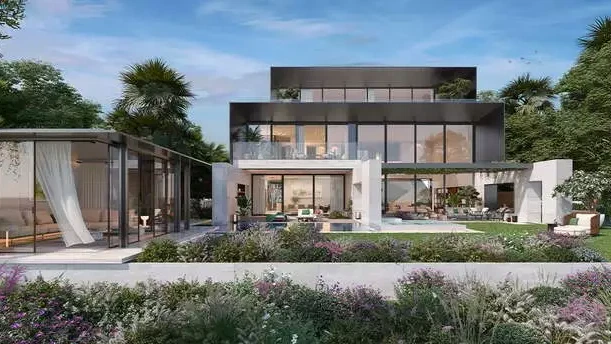
Mansions
AED Coming soon
Tilal Al Ghaf
6 & 7

Apartments
Penthouses
Duplexes
AED 4,400,000
Al Wasl
2, 3, 4 & 5
1946 - 8253 Sq Ft

Apartments
Penthouses
Townhouses
AED 2,500,000
Dubai Islands
1, 2 & 3
898 - 3312 Sq Ft

Apartments
Penthouses
Duplexes
AED Coming soon
Dubai Design District
1, 2, 3 & 4
738 - 7767 Sq Ft

Apartments
Penthouses
Mansions
AED Coming soon
Palm Jumeirah
2, 3, 4, 5 & 6
1541 - 12382 Sq Ft

Apartments
Penthouses
Duplexes
AED 3,600,000
Downtown Dubai
1, 2, 3, 4, 5 & 6

Apartments
Penthouses
Duplexes
AED 2,300,000
Dubai Design District
1, 2, 3 & 4
741 - 1988 Sq Ft

Apartments
Studios
AED 764,999
Jumeirah Village Circle
Studio, 1 & 2
341 - 1827 Sq Ft
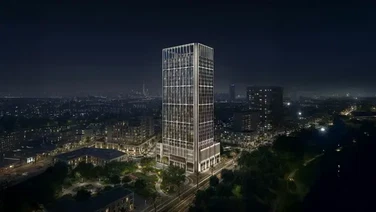
Apartments
Studios
AED 766,999
Jumeirah Village Triangle
Studio, 1 & 2
336 - 1859 Sq Ft

Apartments
Studios
AED Coming soon
Damac Lagoons
Studio, 1 & 2
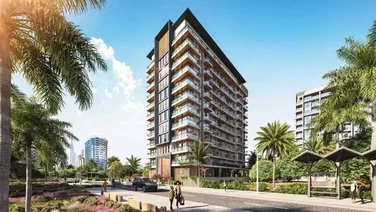
Apartments
Studios
AED 580,000
Dubai Land Residence Complex
Studio, 1 & 2
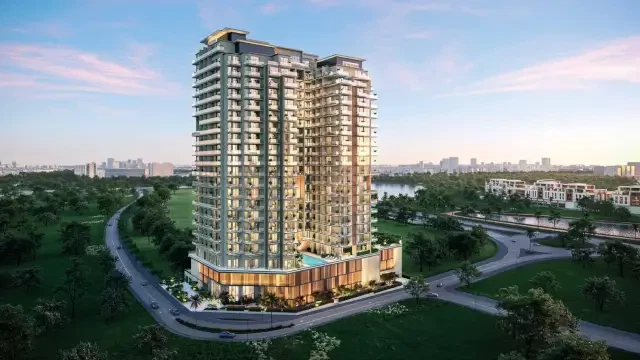
Apartments
Studios
AED 650,000
Dubai Production City
Studio, 1, 2 & 3
404 - 2092 Sq Ft
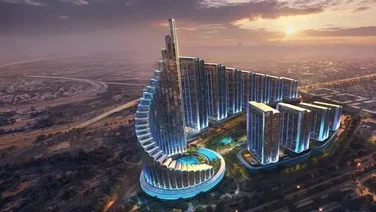
Apartments
Studios
AED 1,600,000
Meydan
Studio, 1, 2 & 3
370 - 1568 Sq Ft

Apartments
Penthouses
Townhouses
AED 2,500,000
Dubai Islands
1, 2 & 3
898 - 3312 Sq Ft

Villas
Townhouses
AED Coming soon
Dubailand
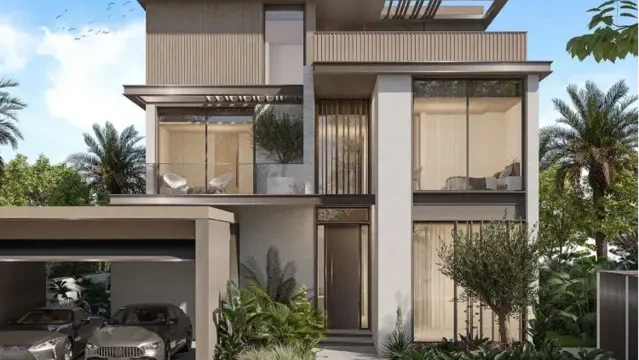
Villas
Townhouses
AED 6,150,000
Nad Al Sheba
3, 4 & 5
3252 - 5650 Sq Ft
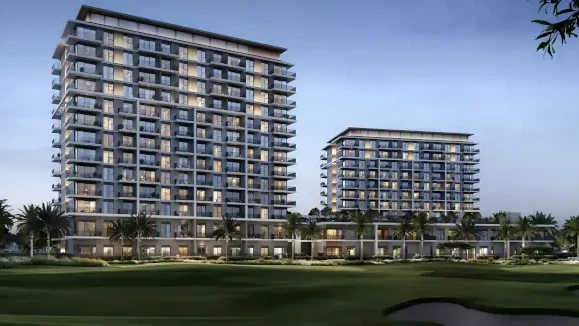
Apartments
Townhouses
AED 1,270,000
Emaar South
1, 2 & 3
788 - 2728 Sq Ft
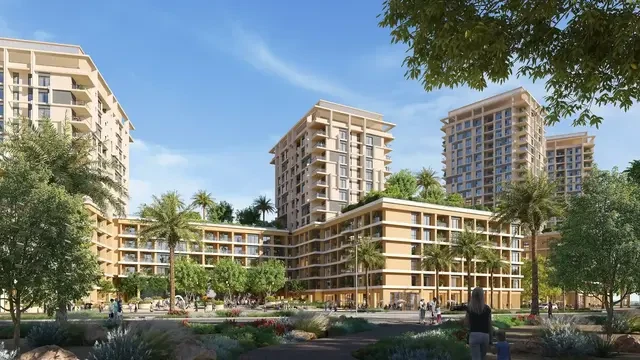
Apartments
Studios
Penthouses
Townhouses
Duplexes
AED 900,000
Wasl Gate
Studio, 1, 2, 3 & 4
523 - 1982 Sq Ft

Villas
Townhouses
AED Coming soon
Dubai Investments Park
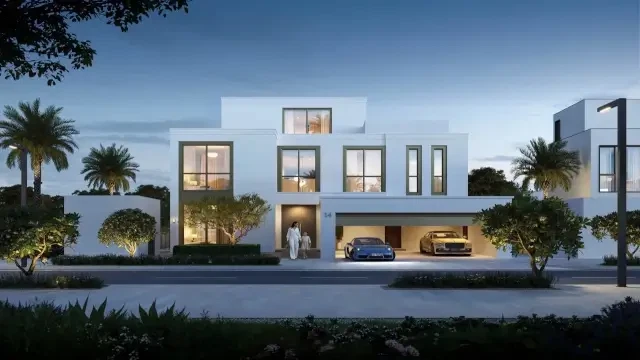
Villas
AED 16,550,000
The Oasis
4, 5 & 6
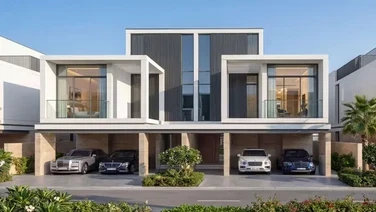
Villas
AED Coming soon
Sobha Sanctuary
4 & 5
2520 - 4154 Sq Ft
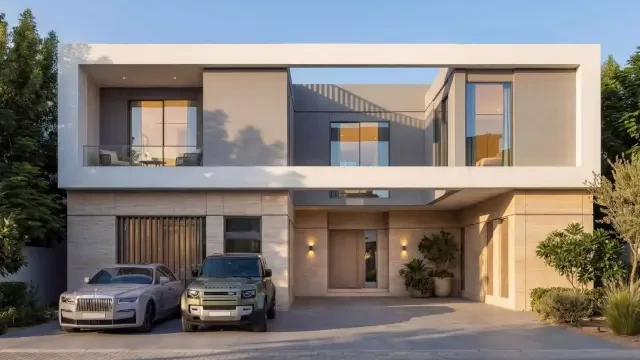
Villas
AED Coming soon
Sobha Sanctuary
4, 5 & 6
4905 - 7191 Sq Ft
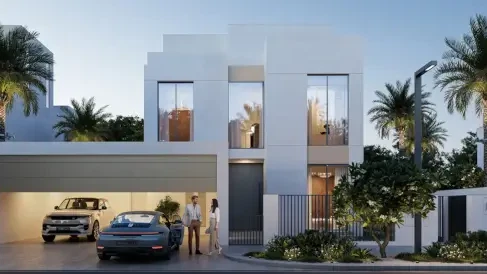
Villas
AED Coming soon
The Heights Country Club & Wellness
3, 4 & 5

Villas
AED Coming soon
Nad Al Sheba
3, 4, 5 & 6

Villas
Townhouses
AED Coming soon
Dubailand
Subscribe to our Daily, Weekly and Monthly Newsletters, Expert Advice and Latest Launch with Zero Spam, Unsubscribe Anytime.